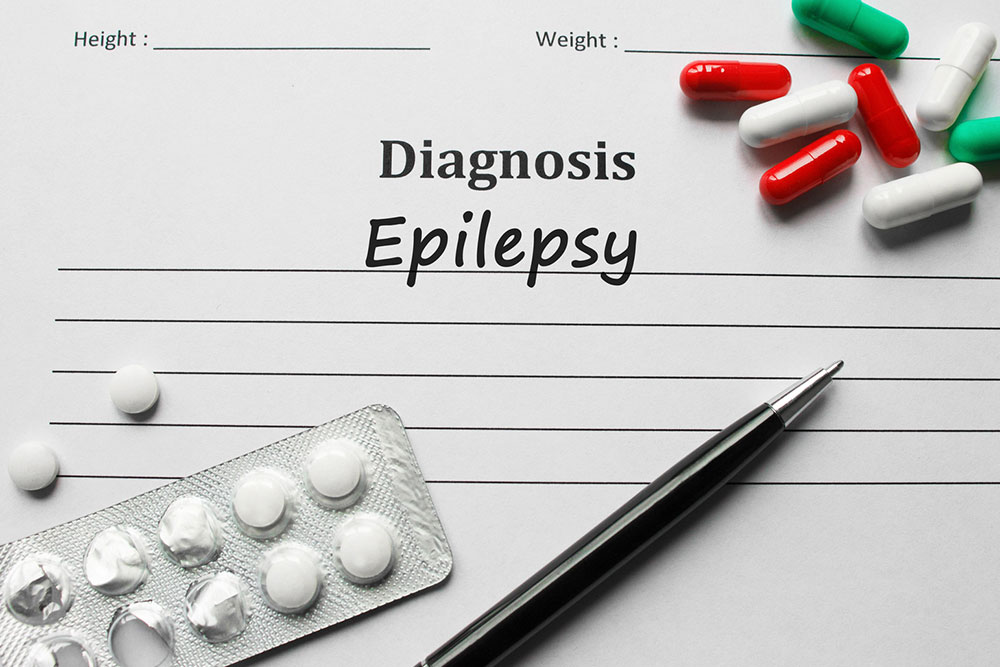
An overview of epilepsy
Epilepsy is a brain disorder, which is generally characterized by the frequented occurrence of the seizures in many individuals. The seizure is often described as the sudden modification in your behavior because of the momentous change in the electrical working of the brain. In normal condition, your brain constantly generates minute electrical impulses in a particular order. When you suffer from epilepsy, these balanced electrical impulse rhythms will be disturbed. This will ultimately result in the recurrence of the seizures in a lot of people.
Symptoms of epilepsy
The people suffering from epilepsy show various symptoms like:
- While suffering from epilepsy, you may experience a tremor with no fever.
- There are also chances of having short moments of blackouts or you may have a confused memory.
- You may also experience recurrent fainting in which the control over bowel will be lost and you will experience extreme tiredness.
- You may also be not able to answer any question or respond for a short span of time.
- You may also experience stiffness of the body without any particular reason.
- You may also fall suddenly without any specific reason.
- There are chances of sudden blinking and chewing for no reason specifically.
- You may also not be able to communicate with anyone.
- Some symptoms of recurrent movements which appear inappropriate.
- You may also experience fear of something without any reason.
Causes of epilepsy
There is no particular cause of epilepsy, but there are a few factors, which can cause epilepsy in several people. These factors are described below:
- Epilepsy is generally caused due to genetical factors. That means if some of your family members have the history of epilepsy, it is quite possible that you may get this disease.
- Another cause for epilepsy is an injury to the head during an accident or any other trauma.
- There is one more reason that can cause epilepsy in several individuals is the condition of the brain like brain tumors or brain strokes.
- There are many infectious diseases like meningitis, viral encephalitis, and AIDS, which can cause epilepsy in some of the individuals.
- Any prenatal injury can also cause epilepsy in various babies such as damage to the brain due to poor nutrition or oxygen deficiencies.
- Some of the developmental disorders like autism can also cause epilepsy in some children.
Treatment for epilepsy
There are various treatment options for treating epilepsy, which are described below:
- Seizure Medication
There are certain medications for improving the condition of the patient and these medications work for most of the people. These medications are prescribed on the basis of the type of the seizures you are suffering from, your age, recurrence of the seizures, your sex, and pregnancy.
- Ketogenic diet
According to many people, the ketogenic diet is also helpful in treating epilepsy. Ketogenic diet comprises of low carbohydrates and high-fat content.
- Nerve Stimulation
Nerve stimulation is of two types which are vagus and responsive nerve stimulation. They are used to treat epilepsy.
- Surgery
In case of a severe condition, then the doctor might advise a surgery of the brain to treat epilepsy.


